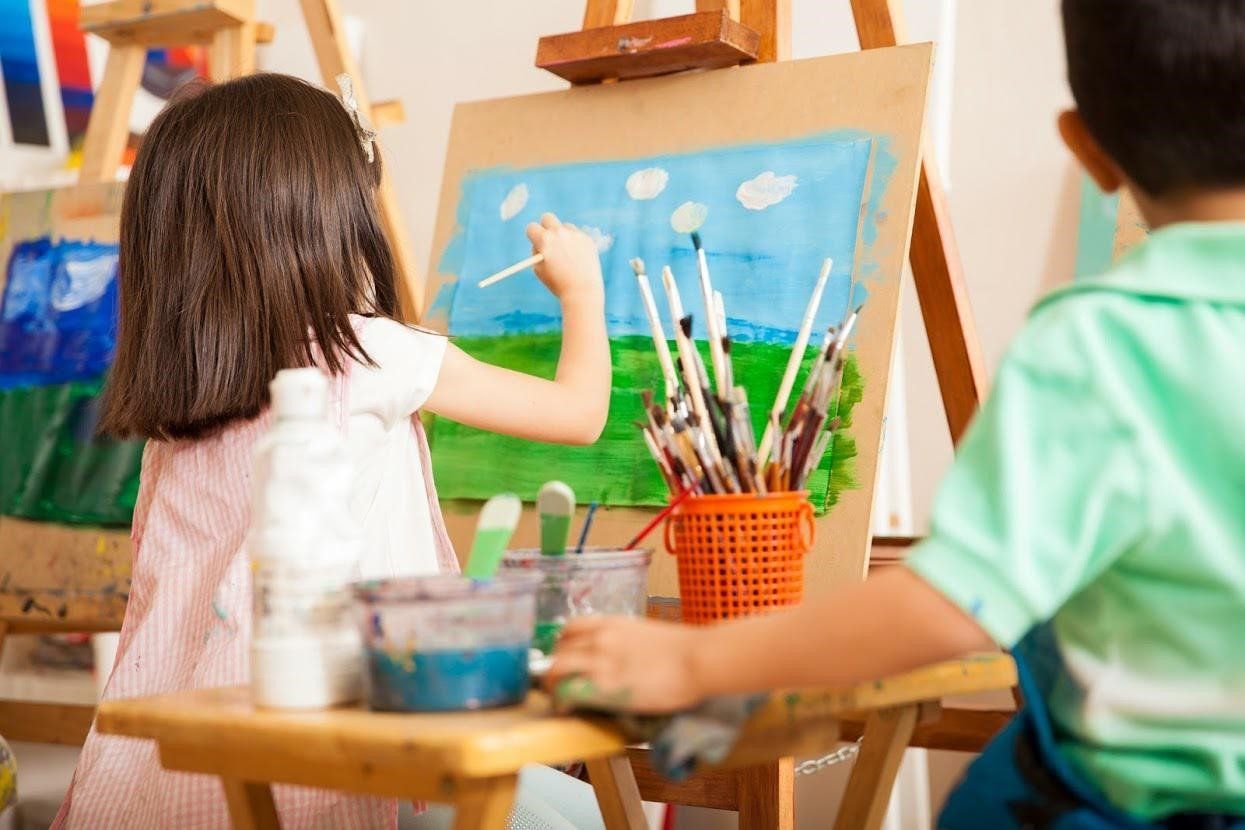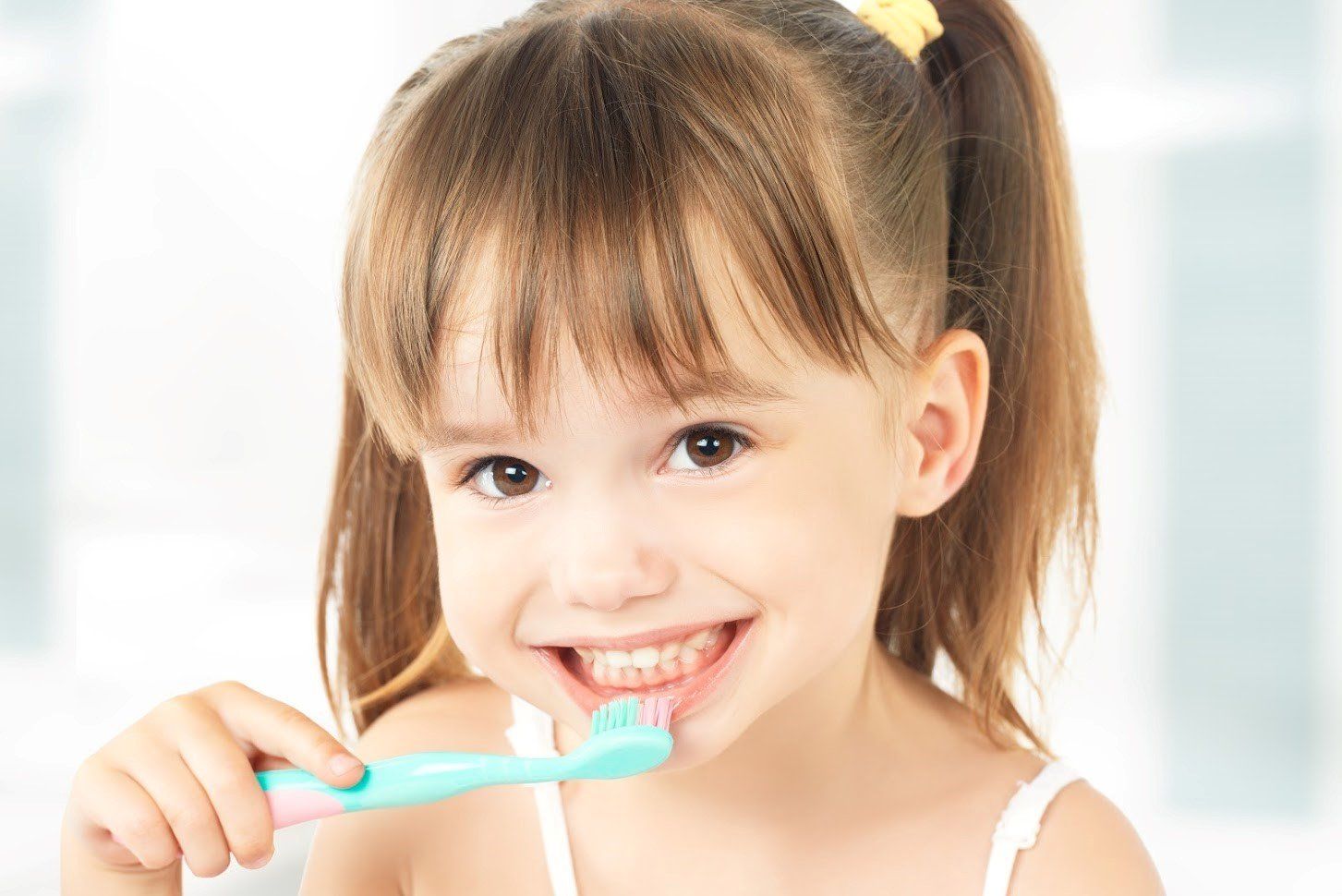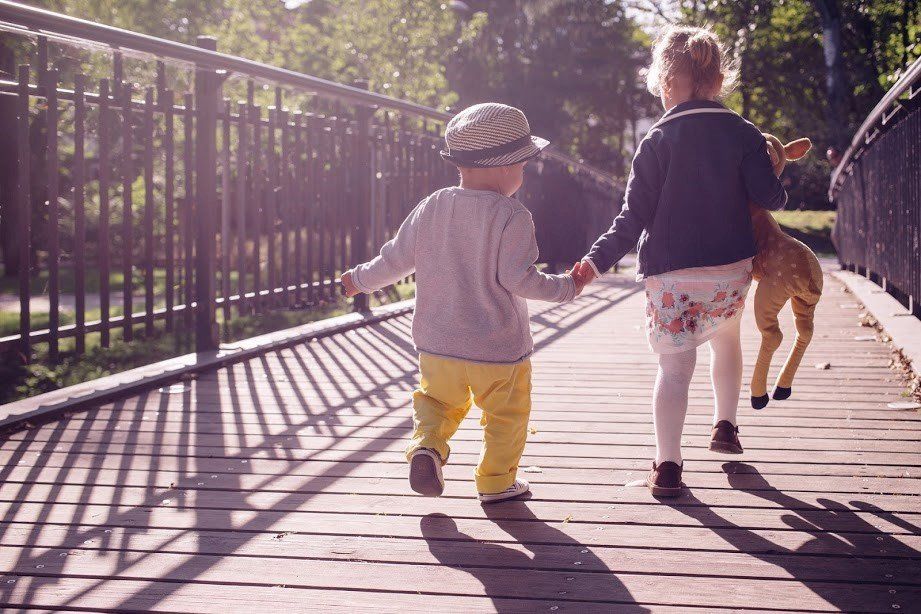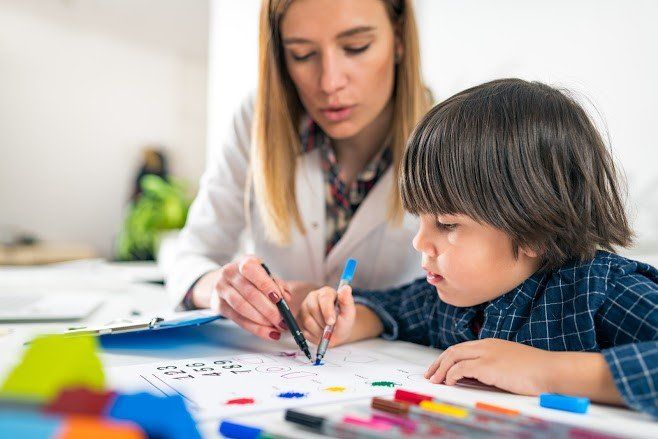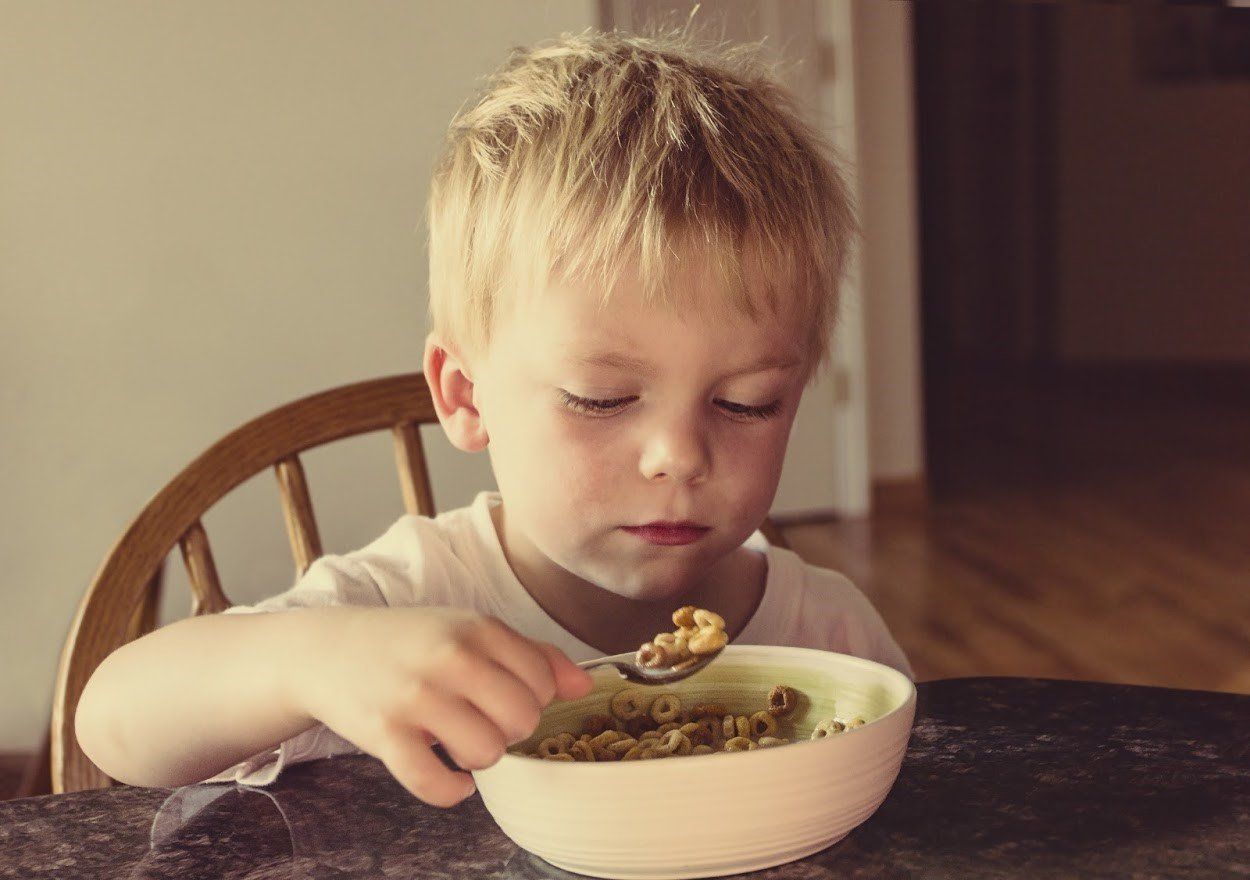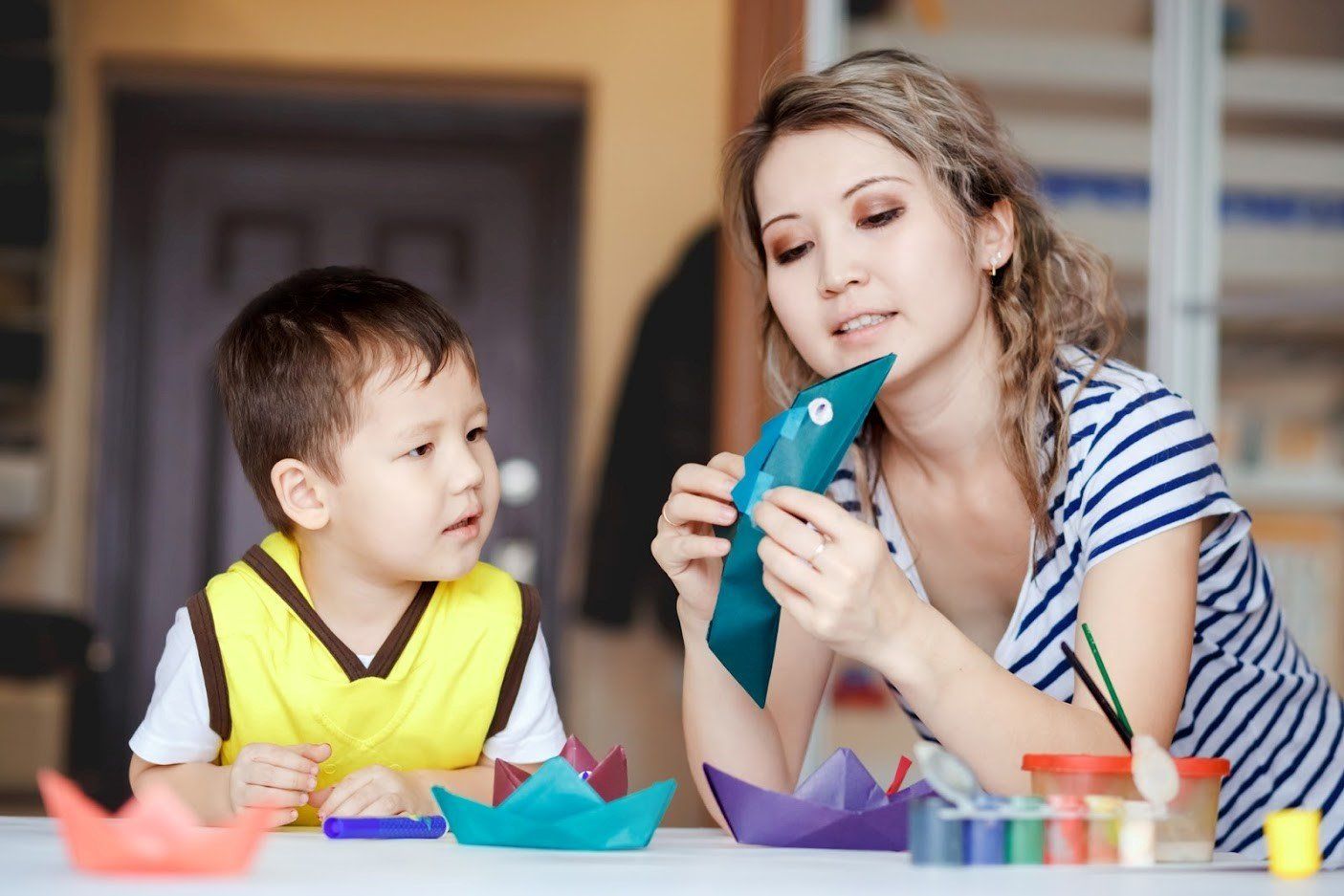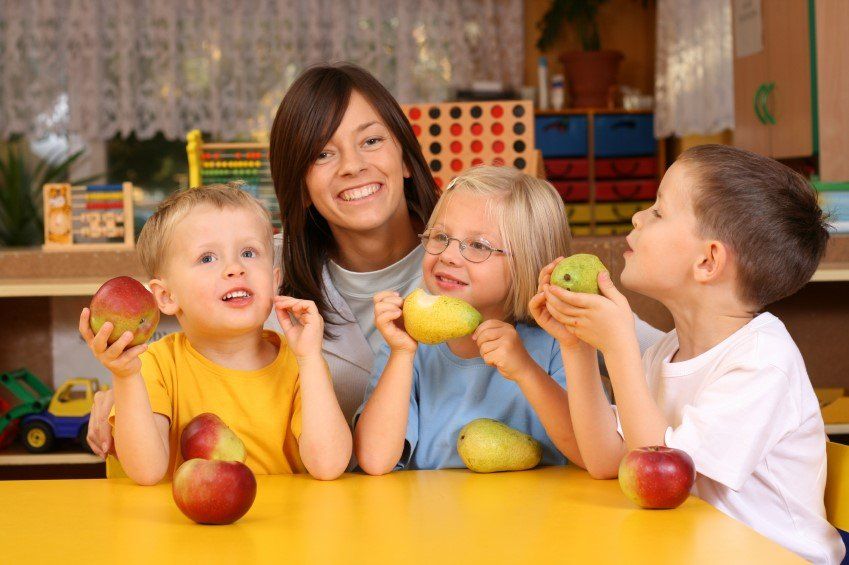How Can Your Preschooler Develop Math Skills Through Other Areas?
How can your child learn about numbers, geometry, measurements, and more without flashcards or worksheets? Early childhood math weaves its way into almost every other area of the preschool classroom. Take a look at how your child can learn basic math concepts through the arts, literacy, and science.
Art and Math
What does art have to do with math? One is a completely creative pursuit and the other revolves around strict facts and figures. Even though the two content areas may seem like polar opposites, they can combine into one hands-on way for your child to learn.
How can art help your preschooler to learn about math?
Cross-curricular art-math activities can teach:
Counting and numbers. Art provides your young child with a concrete way to understand basic counting concepts. Whether your child counts how many squiggles they draw or paints a numeral, this creative approach to learning can help your child to learn.
Pattern play. The ability to understand, recreate, and make patterns are part of early childhood math education. Your child can use collage, printing, coloring, painting, and other art-making activities to play with (and better understand) patterns.
Measurements. Children don't necessarily need a measuring tape or yardstick to explore this area of math. Preschoolers can create their own measurement tools with paint and paper, crayons, or other art materials.
Spatial development. The ability to understand the relationships between objects in space is central to math. Art activities, such as drawing, painting, and sculpting, can help your child develop spatial awareness. Geometry. Your child can create and explore with basic shapes while creating art.
Art can help your child develop skills that get them started on the road to learning math. Along with art, other preschool classroom areas can also help your child to learn about math. Literacy and Math
How can reading and writing help your child better understand basic math concepts? Early literacy is central to your child's preschool education. The link between literacy and math comes into play when your child:
Reads books about math. From counting to measurements/quantities, children's books can provide your child with a concrete way to learn about a variety of math concepts.
Talks about math. Language use is an important part of an early education in literacy. Your child can connect literacy and math through new vocabulary terms and teacher-student or student-student discussions about the subject.
Writes about math. As your child explores writing they can add math words and basic math word problems to the mix.
While complicated word problems can wait until your child gets to elementary school, your preschooler can start the process with the basics. Short stories and simple sentences can help your child to think about math concepts and improve problem-solving skills.
Science and Math
As two of the primary components of STEM education, science and math often go hand-in-hand. In the preschool classroom, your child can connect the two during activities such as:
Measurement-based observations. When your child conducts simple science experiments, they need to make observations. If those include making measurements (such as measuring a plant's growth over time), they'll have the chance to use math too.
Collections and sorting. Your preschooler may make collections of natural materials, such as flowers, pebbles, shells, or other similar objects. The opportunity to sort these items combines science and math into one easy learning activity.
Kitchen-based explorations. The kitchen is the perfect place to combine science in math. Preschoolers can make measurements, watch transformations, and explore how science and math connect.
Along with art, literacy, and science, the early childhood educator can extend math into other major content areas. This may include gross motor, social studies, or performing arts play.
Is your child ready for a new preschool program? Contact Small World Early Learning and Development Centers for more information


